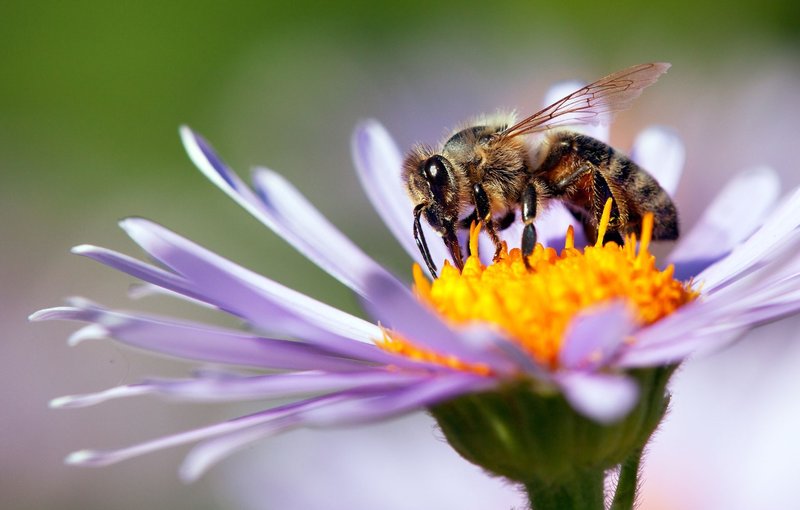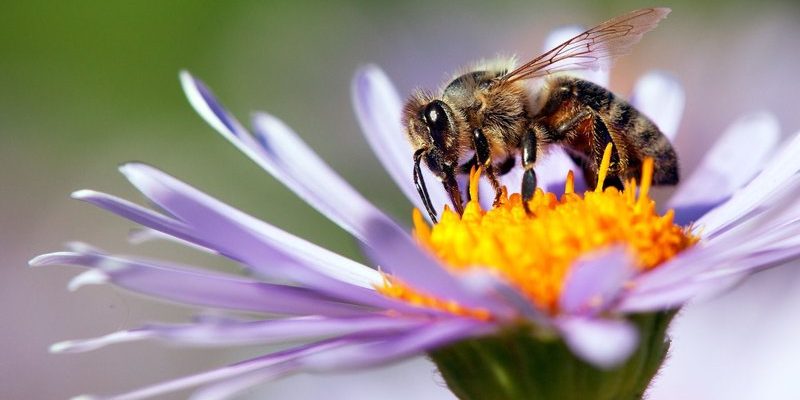
Just like a busy worker in a factory, bees have specific jobs that contribute to the health of our planet and food supply. Beyond pollination, these small insects also produce honey, beeswax, and even play a role in maintaining biodiversity. I mean, can you imagine a world without these tireless little workers? Let’s dive into the world of bees and explore what they do beyond just making honey.
The Marvel of Pollination
Pollination is one of the most fascinating jobs bees perform. When bees visit flowers to collect nectar for food, they unknowingly transfer pollen from one bloom to another. This helps plants fertilize their seeds. In fact, it’s estimated that about one-third of the food we consume relies on this process. Without bees, many fruits, nuts, and vegetables would see drastic declines in yield.
So how does this work exactly? Picture a bee as a delivery service. It flies from flower to flower, collecting and depositing pollen along the way. This transfer not only helps the plants reproduce but also ensures that we have a diverse array of food options. If bees didn’t do their part, we’d miss out on so many delicious meals that depend on this critical process.
Furthermore, bees are not the only pollinators, but they are among the most efficient. They have evolved to be particularly good at this job. It’s almost like they’re nature’s little ninjas, darting in and out of flowers, making sure everything is taken care of.
Producing Honey: The Sweet Reward
One of the most delightful by-products of bee activity is honey. After gathering nectar from various flowers, bees bring it back to their hive, where they process it by evaporating the water content and mixing it with enzymes. The result? That sweet, golden syrup we drizzle on pancakes or use in tea.
But honey isn’t just a tasty treat; it’s also a testament to how hard bees work. A single bee can produce only about one-twelfth of a teaspoon of honey in its lifetime! Think of the hundreds, if not thousands, of bees needed to create just one jar. It’s incredible how much effort goes into something we so often take for granted.
Moreover, honey has been used for centuries, not just as food but also for its medicinal properties. It can soothe sore throats and is rich in antioxidants. So when you choose honey, you’re not just enjoying a sweet treat; you’re also supporting the hardworking bees behind it.
Beeswax: More Than Just a Byproduct
Have you ever used a candle made from beeswax? They’re not only beautiful but also environmentally friendly! Bees produce beeswax from special glands on their bodies, and it serves multiple purposes in the hive. Bees use it to create honeycomb, which stores honey and pollen and also provides a nursery for their young.
But humans have found many uses for this natural wax too! It’s a popular ingredient in cosmetics, skincare products, and even food wraps, thanks to its antibacterial properties. The versatility of beeswax shows just how resourceful these insects are. You might be wondering how something so small can have such a big impact, but that’s the beauty of nature.
Supporting Biodiversity
Bees play a significant role in supporting biodiversity. By pollinating a wide range of plants, they help to maintain healthy ecosystems. Healthy ecosystems provide homes for various wildlife, stabilize the soil, and contribute to clean air and water. It’s like a domino effect; when bees do their job, it leads to a flourishing environment where all life can thrive.
However, many plant species rely solely on bees for pollination. If their populations decline, it might threaten not just the plants but also the animals that depend on those plants for food. So, when we care for bees, we’re indirectly caring for the entire ecosystem. It’s a beautiful cycle, highlighting the interconnectedness of all living things.
Bee Conservation: Why It Matters
With so many important jobs, it’s heartbreaking to see bee populations declining due to habitat loss, pesticides, and climate change. This decline affects us all, as we depend on bees for so much of our food and the health of our planet. So, what can we do about it?
Here are a few simple steps you can take to help bees:
- Plant bee-friendly flowers like lavender, daisies, and sunflowers in your garden.
- Avoid using pesticides in your yard or on your plants.
- Support local beekeepers and choose honey that is sustainably harvested.
- Create bee habitats by leaving areas of your yard wild or installing bee hotels.
By doing these things, you’re creating a more welcoming environment for bees and allowing them to thrive, which in turn helps our world.
Common Myths About Bees
When you think about bees, you might picture a buzzing insect that stings at the slightest provocation. However, there are many myths out there that don’t do justice to these amazing creatures. Here are a couple of common misconceptions:
1. All bees sting: While it’s true that some bees have stingers, most bees are more interested in gathering nectar than bothering humans. Honeybees will usually only sting if they feel threatened.
2. Bees only live in hives: Different species of bees have different lifestyles. Some are solitary and don’t live in hives at all. They might create small nests in the ground or in hollow stems.
It’s important to understand and appreciate the role bees play in our world, rather than fearing them. After all, they’re here working hard to help us!
Wrapping It Up
Bees are more than just tiny insects buzzing around; they are vital contributors to our ecosystem and food supply. From pollination to honey production, their roles are incredibly diverse and important. As we learn more about what these insects do, we can appreciate and support their efforts.
By planting bee-friendly gardens, avoiding harmful pesticides, and educating others about the importance of these amazing creatures, we can all play a part in their conservation. So next time you see a bee buzzing by, take a moment to appreciate the hard work it puts in to make our world a sweeter place!

